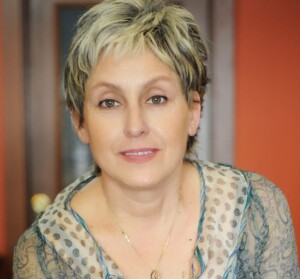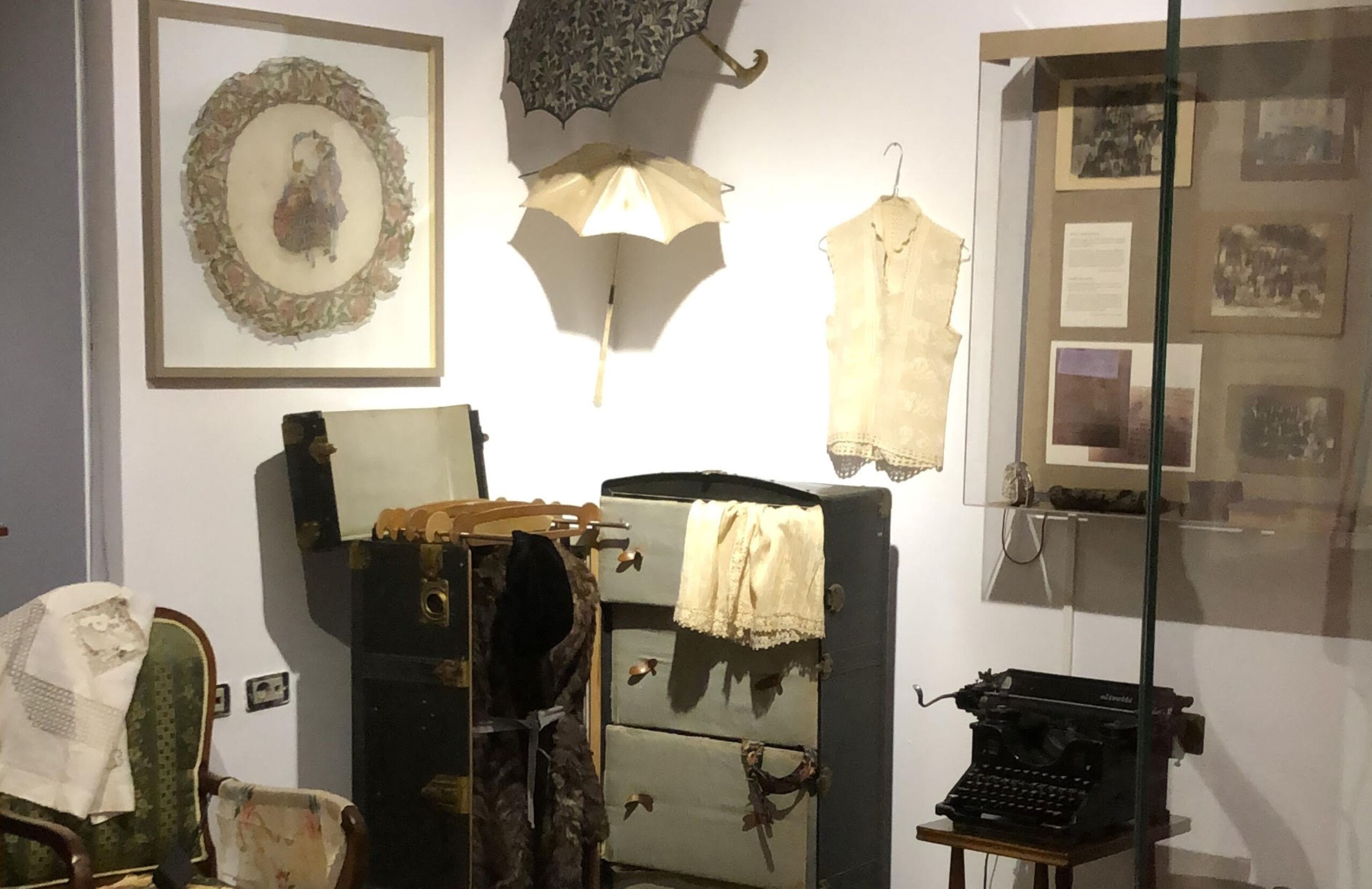Nonetheless, gender violence is a big and serious issue that is damaging the society. During 2019, according to INSTAT (Institute of Statistics), 52.9% or 1 out of 2 women between 18 and 74 years old, have experienced one or more forms of violence during their lifetime, out of the 5 forms in total.

Elsa Ballauri
“One is not born, but rather becomes, a woman”. It seems as this quote of writer and feminist activist Simone de Beauvoir is still unclear, as Simone de Beauvoir herself tried to analyze the soul of the woman bringing it face to face with her own self rather than facing it with the other sex – the man.
It is precisely this facing, if done successfully, that can help women to reach what they have been attempting to reach for centuries: equality with men in the society and equal opportunities to demonstrate their skills and values.
The facing of the relation male-female relations is a core aspect of the equal rights, but it is not the only one. What women need much more, especially Albanian women that have lived in an unfree society, is facing and getting to know themselves.
How capable are women to do this?
A woman in Albania has had a long confusion about the concept of rights, because the Albanian society was introduced such concepts very late in its history. Albania became a country in 1912 and inherited a very patriarchal culture and traditions, where the woman was considered an object or a necessary domestic animal. The canonical laws were decision makers about her life, and unfortunately even nowadays when there are many modern laws that aim to help women to gain their rights, the psychology of the society generates a canonical memory.
After Second World War, when human rights became the most important part of the new progress, and among others the Universal Declaration of Human Rights provided an opportunity to draft laws based on the respect of human rights, Albania was shrunk into the communist ideology, making only superficial law regulations, and not allowing the debates on feminism, the real position of the women and the psychology of violence – to flourish.
After the fall of the dictatorship, the legal changes created a different social perception and there are 30 years that the gender violence has become a social, state and media concern. Codes of criminal procedures were changed, Albania has ratified all conventions on human rights and is among the first countries that ratified the Istanbul Convention.
Nonetheless, gender violence is a big and serious issue that is damaging the society. During 2019, according to INSTAT (Institute of Statistics), 52.9% or 1 out of 2 women between 18 and 74 years old, have experienced one or more forms of violence during their lifetime, out of the 5 forms in total.
Drafting good legislature is not enough if the state services and structures do not act on reducing violence. In Albania, the government is often satisfied by only finishing and approving a law and on the other side the legal obligation for setting up the services becomes slow, incomplete and dysfunctional.
The woman should defeat the fear. She should get to know herself better. She should artfully find the ways to fight the violence. She should think more about De Beauvoir’s quote “One is not born, but rather becomes, a woman”, and she should learn more from the courage of Rosa Parks.
Human rights are inside of her. They are a difficult, but a certain path.
Elsa Ballauri, human rights activist and women’s rights activist, journalist, poetess, collector. Manageress of Albanian Human Rights Group (1996) Founder of Women’s Museum (2018)



It’s very interesting idea and useful endevour for making known Albanian woman history and her situation in various periods and circumstances.